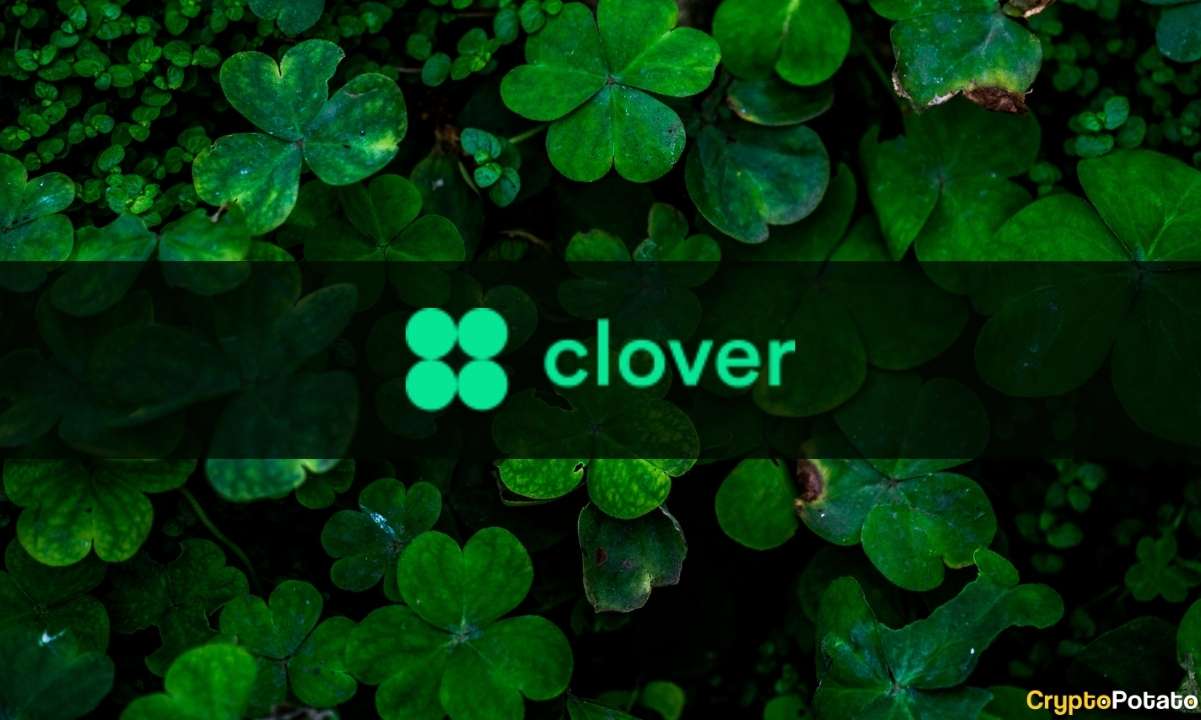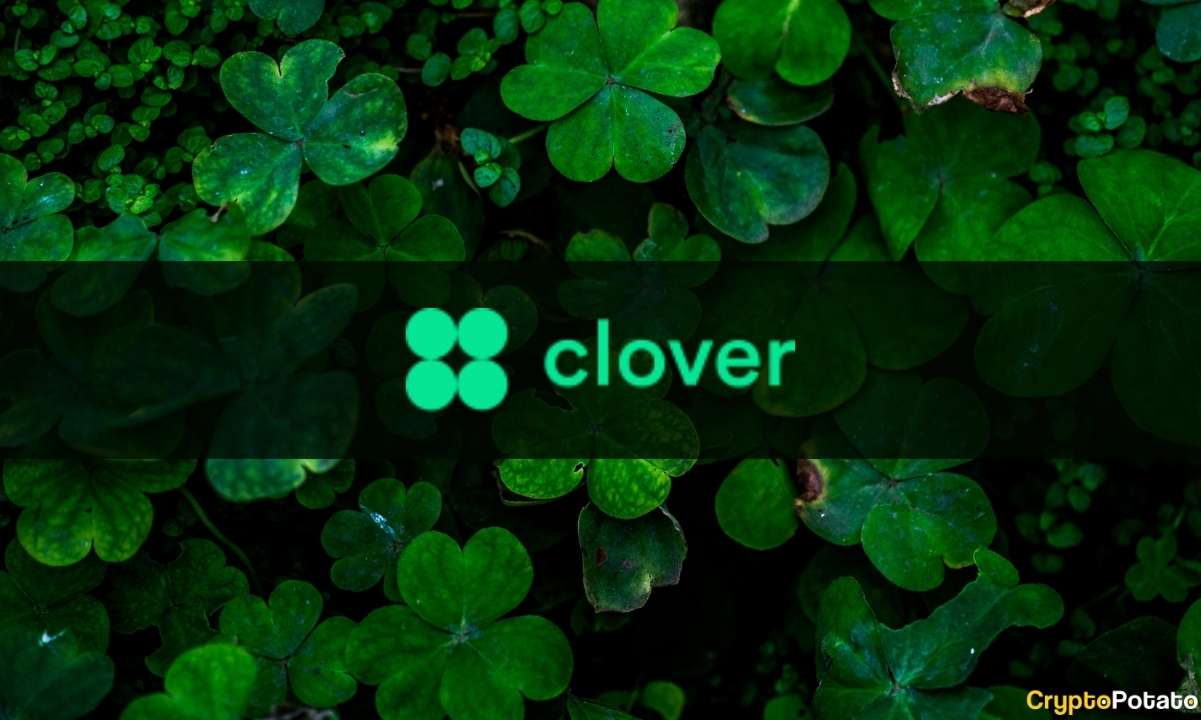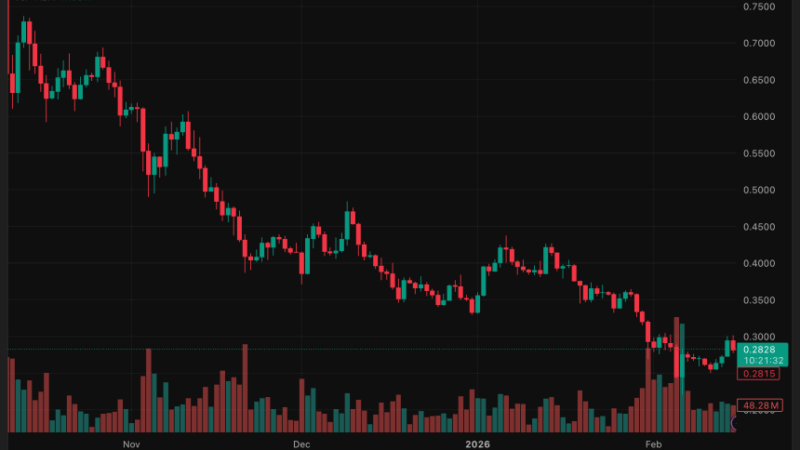Clover Wallet: Bridging the Gap Between First-Time Crypto Users and Crypto Natives

The crypto industry, especially the decentralized finance (DeFi) and non-fungible token (NFT) markets recorded explosive growth over the past year, and more mainstream users are eagerly looking to join the space.
Sadly, the concept of DeFi and crypto, in general, is still complicated for many new users because of the lack of beginner-friendly tools and onboarding process.
But Clover Finance intends to change that narrative by effectively bridging the gap that exists between new crypto users and crypto natives.
What is Clover Finance?
Clover Finance is a Substrate-based DeFi service platform built on the Polkadot blockchain that provides a one-stop, easy‑to‑use, and comprehensive blockchain infrastructure and an Ethereum virtual machine (EVM) compatible framework for other Substrate‑based applications.
Clover aims to provide an intuitive blockchain infrastructure to reduce the threshold and cost for developers while bringing them great returns and bridging the compatibility gap when building and operating across blockchains.
The network provides a full-service cross-chain DeFi bridge, providing an efficient portal for everyone, both experts and beginners, into the DeFi space.
Clover plans to make the use of DeFi easier for developers and everyday users, considering that more developers are seeking to enable mainstream crypto and DeFi adoption to create room for a whole new audience consisting of billions of people who are not using the new decentralized economy.
Clover Finance is an open project where the direction of the network is collectively decided by the whole community. The network is trustless as there is no centralized governance entity.
Furthermore, the adoption of the Substrate framework and Polkadot parachain technology adds an extra layer of security and the speed of transactions to the Clover Network.
Although Clover Finance is still relatively new in the blockchain space, considering it was founded in May 2020 and launched on Mainnet in June 2021, the project has managed to make a name for itself in the crypto space as a foundation layer for cross-chain compatibility.
Features of Clover Finance
Clover Finance was created to offer users more than just a single service. It was designed as a blockchain operating system containing a storage layer, a smart contract layer, a DeFi protocol layer, and an dApp layer.
- The Storage layer
This layer supports the distributed storage of decentralized application (dApp) data.
- The Smart contract layer
This layer helps with the cross-chain deployment of dApps. The Clover Finance system also provides a Web3-compatible API, which allows existing web3 dApps to be migrated to Clover without any change.
- The DeFi protocol layer
This layer supports various basic Defi protocols and also provides a platform where developers can build their own Defi protocols. Using Clover, project developers can easily create and use DeFi, in addition to several other decentralized applications (dApps) that work across multiple blockchain networks. Clover also provides a drag-drop, easy-to-use smart contract compiler.
- The External application (eApp) layer
This layer supports the evolution from dApp to eApp. It allows developers to seamlessly build and deploy their eApps easily on Clover without the need for machines, domain names, or network bandwidth.
Benefits of Clover Finance
Some of the benefits of Clover include:
- Ethereum Virtual Machine (EVM) Compatibility
Clover offers seamless multichain indexing across Bitcoin, Binance Smart Chain, Polkadot, and of course, DeFi’s originator and developer hub, Ethereum.
- No Gas Fees for End Users
Clover allows its smart relayers to act on behalf of the sender to cover the gas fees in the base currency while they receive compensation in the denominated asset. By doing so, the transaction fees are deducted from the transacted assets.
- Gas-fee Redistribution
Clover incentivizes developers on its platform by automatically sharing a percentage of the transaction fees with them, fostering a vibrant developer community.
- Identity-based Fee Schedule
Clover Finance also employs a gas calculation method, the identity-based gas fee schedule, which allows users to get discounts depending on how often they use the network.
Therefore, frequent users pay a lower gas fee while less frequent users pay a higher gas fee over time.
- Streamlined Cross-Chain Experience
With the Clover app and wallet, users can interact with several cross-chain dApps without navigating between Polkadot-based and Ethereum-based networks. They can send, receive, wrap, and unwrap crypto assets across chains.
The Clover Wallets
Clover Finance wallets can be accessed in three different ways.
- Web Wallet
Users can access their Clover wallets via a web browser. It offers features such as social account logins, private keys and passwords, multi-chain app interactive support for EVM networks, and more.
- Mobile Wallet
The Clover wallet is available for download on both Android and iOS devices. The mobile wallet offers multi-chain, cross-chain, and multi-asset access, internal swap, NFT support, and dApp marketplace.
- Extension Wallet
Clover also provides an extension wallet that offers users multi-chain dApp interactive support for EVM networks, including DOT/KSM and Solana, internal swap, NFT support, cross-chain, and multi-assets.
The CLV Token
CLV is the native utility token of the Clover Finance ecosystem. It has a supply cap of 1 billion tokens, with a current circulating supply of 210 million CLV.
CLV Token is a multi-use asset in the Clover Finance ecosystem, and some of its use cases are:
- It is used to settle transaction fees on the platform. However, users can also opt to pay with other network tokens.
- It functions as a governance token to enable community voting on system upgrades. Users lock their CVL to participate in the voting.
- It can be used as a stake to run nodes on the Clover platform.
- Network participants can use it to deploy their smart contracts and dApps on the platform.



